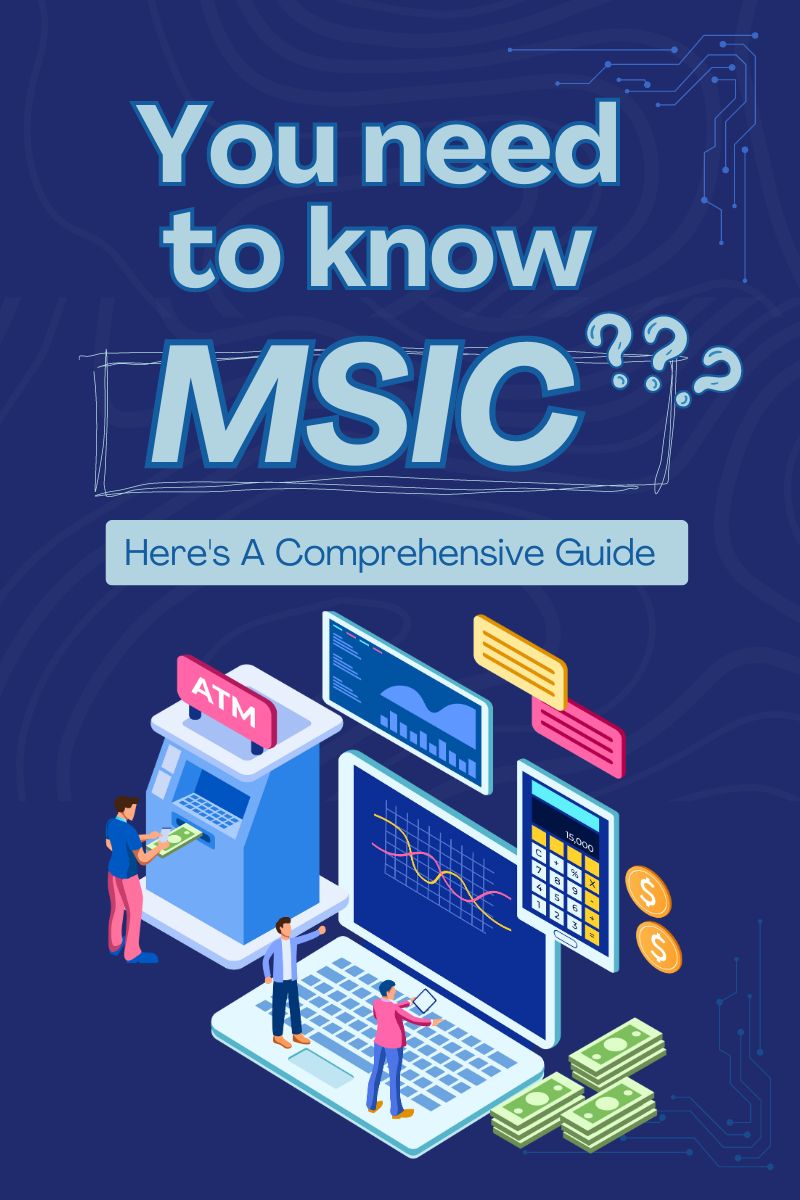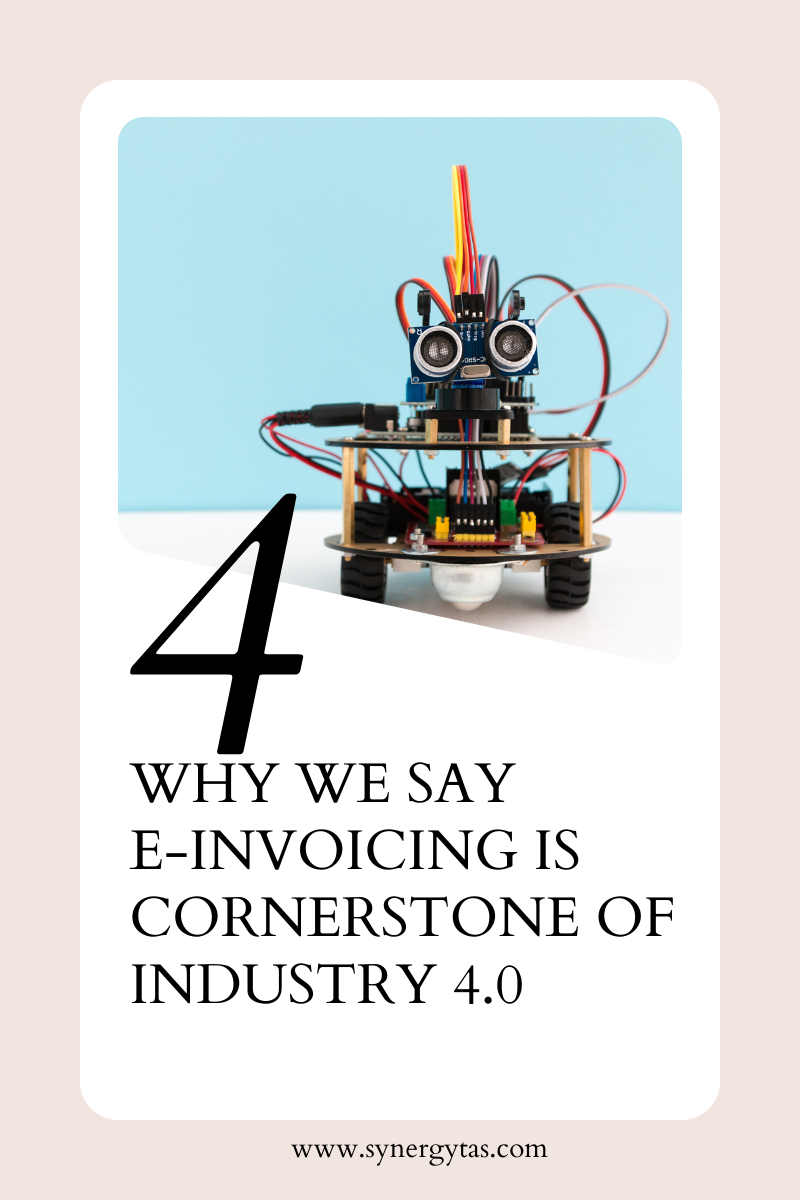Tax laws and regulations can be a nightmare for businesses and individuals alike. The complexity, constant changes, and penalties for noncompliance can be daunting and costly. That is why businesses hire accountants to manage their finances and taxes. Accountants play a key role in ensuring that a business remains tax compliant while maximizing their revenue by taking advantage of tax deductions and exemptions. In this blog, we will explore the top reasons why accountants require extensive knowledge of tax laws, and how their expertise can help businesses stay on top of their financials.

1. Compliance with tax laws saves money
When inexperienced accountants file taxes, they often take standard deductions without exploring the options available under the tax code. But a tax-savvy, experienced accountant can identify deductions you may not have thought of and thus save you lots of money. The tax code provides for a wealth of deductions that are often overlooked. By taking advantage of these deductions, you can reduce your tax liabilities. Additionally, penalties for non-compliance can be significant and result in monetary damages, loss of reputation, and in extreme cases, criminal sanctions. Therefore, tax knowledge is critical for accountants to ensure that you’re staying compliant and within the law and avoiding penalties.
2. Strategising helps minimise tax obligations
A cross-functional team of accountants, legal, tax, and business experts can work together to find ways to minimize tax obligations legally. This team can help your organization to accrue tax credits and other incentives so that it falls under the right tax classifications. The team can also help to structure the company in a legal way that takes advantage of the tax code. By doing so, it helps to save your business money legally. Accountants who have extensive experience in tax laws can help your company stay compliant and reduce your tax liabilities.
3. Changes in tax laws impact business decisions and operations
Accountants who have extensive knowledge of the tax laws and regulations know how they relate to specific situations and can think critically about how potential changes would affect a business. In addition, tax experts can identify opportunities to save money through new laws and regulations. Furthermore, businesses that undertake significant projects or transactions may benefit from tax planning at the start of the project or transaction cycle to maximize tax-saving opportunities.
4. Plan for depreciation and tax savings in acquisitions.
In an acquisition setting, the target entity’s tax records are crucial to understanding the company’s financial background and potential tax liabilities. The accountant can identify areas of concern and provide guidance on how to structure the transaction to minimize those risks. The accountant can also suggest tax-saving steps that can be taken before, during, or after an acquisition that protects the acquirer. Additionally, a well-educated accountant can help work through the Acquisition Agreement, including purchase price allocation, tax withholding, and contingency provisions to ensure maximum benefits.
5. Financial planning and growth potential
An experienced accountant who is knowledgeable in tax laws can help create a financial plan that is tailored to maximize your business’s potential. By staying up to date on the tax laws that affect your business, your accountant can help you stay focused on your goals and explore new financial opportunities. Additionally, with tax knowledge, the accountant can evaluate the potential success of business plans as well as support the implementation of growth strategies, mergers, or acquisitions.
6. Risk Management for the business:
The tax authority can carry out audits on any business. If a company has not been compliant, penalties can be severe. Having an accountant with extensive knowledge of tax laws can be beneficial for the company during an audit process, as they can help provide documentation and support to the tax authority while reducing the impact on the business.
7. Understanding Deductions
Deductions can be complicated, and it’s important for businesses to be able to take advantage of all the deductions they are entitled to. Accountants who possess extensive tax knowledge ensure that their clients are taking advantage of all the eligible deductions to reduce their tax liabilities.
8. Expertise in Tax Audits:
Accountants are not just responsible for keeping the company’s financials up-to-date, but they are also responsible for managing risks. Every business decision has a financial consequence, and accountants help companies to understand the tax implications of those decisions upfront. By staying ahead of tax laws and regulations, accountants can help prevent any financial problems or penalties that may arise from non-compliance related to tax laws.
Conclusion
In conclusion, accountants need extensive knowledge of tax laws and regulations to save you money, minimize tax obligations, analyze how changes in the tax code will impact your business, plan for depreciation and tax savings in acquisitions, and identify new financial opportunities. With tax knowledge, accountants can offer better guidance, make better decisions, and help businesses grow. This additional tax knowledge is a valuable asset that any good accountant should possess. If you’re looking for an accountant, be sure to find one with experience in tax law and regulations, so your business can benefit from their expertise.










